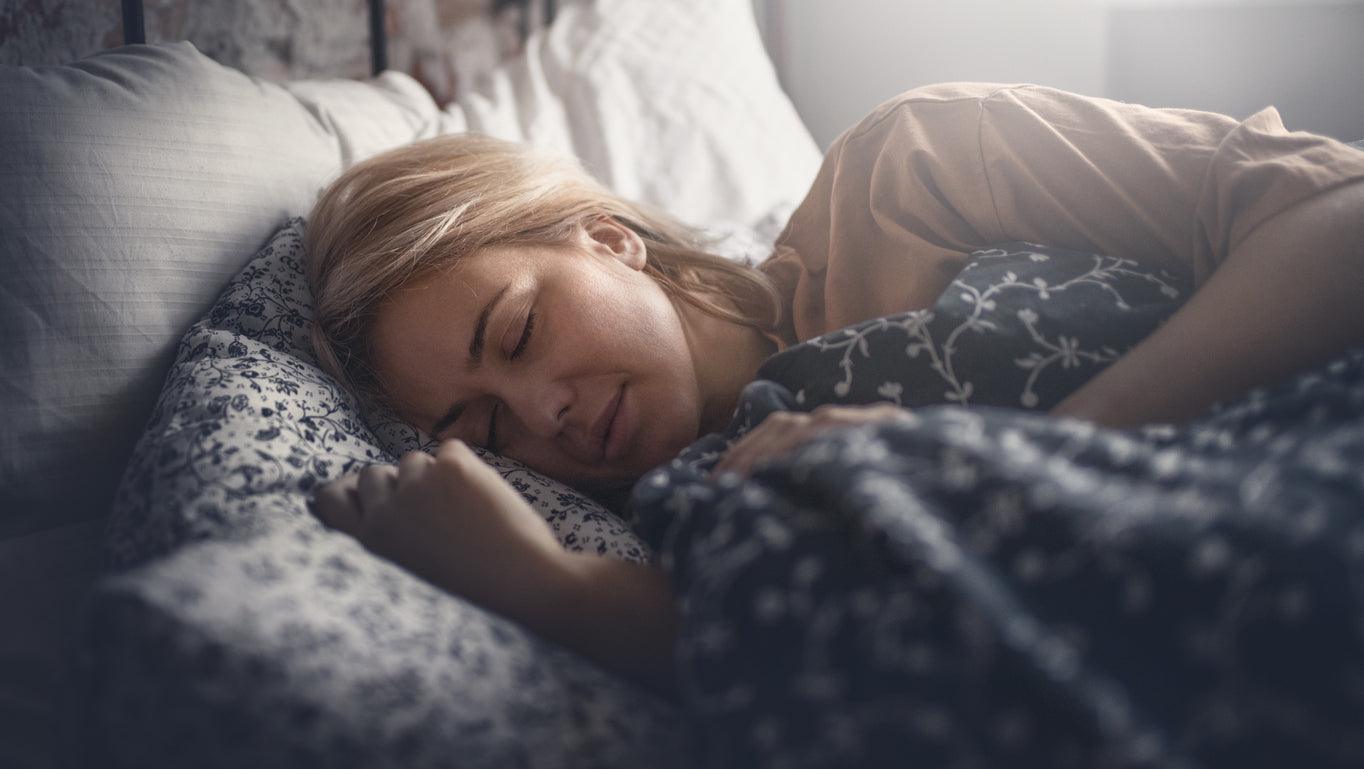The optimal sleeping temperature is somewhere around 65 degrees (18 C). Most people get more restful sleep when the room is a little cold. Exact temperatures might change with some people preferring temperatures around 60 degrees (15 C) or cooler. In general, cool temperatures are best for getting a solid night’s rest.
Why Is a Cold Temperature the Best?
Throughout the day and night, your body temperature fluctuates. The natural increase and decrease in your body temperature is correlated with your sleep cycle. As you get sleepy, your body temperature goes down. When you wake up, your body temperature will start to increase.
The air in your room plays a role in how well you sleep. When your body is getting ready to sleep and decrease its temperature, it can interrupt or even pause the process if the room is too warm. This will lead to restless nights and potentially even insomnia.
How Can You Regulate Your Body Temperature As you Sleep?
Since keeping your body cool is the trick to getting good sleep, here are a few tips you can use.
1. Open the Window
The best way to get your bedroom to the right temperature is to turn down the thermostat, but it can get expensive fast to keep your home that cool during the hot summer months. One thing you can consider is opening your windows to let in the cool night air. Make sure to close them during the day to keep out the daytime heat. Check the weather in your area to know exactly how cool to expect your nights and if opening a window will keep you cool enough.
2. Use Breathable Bedding
Your room can be freezing, but if you have the wrong amount and type of bedding, you could be too warm.
Bedding should be breathable. Fabric or materials that are not breathable will trap in too much heat leading to your body temperature getting too high. Generally, synthetic materials are not breathable and will lead to you waking up with cold sweats.
3. Invest in Your Mattress
Your bedding only covers half of what you are sleeping in. Don’t forget about what you are sleeping on. The materials and structure of your bed can affect your overall body temperature. You might need to remove your mattress topper or memory foam as they are notorious for trapping body heat.
4. Don’t Work Out Immediately Before Bed
Exercise is essential to stay healthy, but doing it right before you go to sleep can be counter-productive for a good night’s sleep. While your body is tired from working out, your body temperature goes up while you exercise, which is not what you want.
If you can only exercise at night, make sure you finish your workout at least an hour before you plan to go to sleep. Once you are finished, cool off your body with a cold shower to kickstart your body’s natural self-cooling sleep cycle.
5. Wear the Right Pajamas
Your favorite sweatshirt or thick flannel pajamas aren’t ideal for getting a solid night’s rest. Your body needs to be able to cool down, not warm up throughout the night. Breathable, flexible clothes can be the best option to keep you comfortable and in a deep sleep. Wearing clothes that are too warm or bulky can wake you up as you try to fight against them in your sleep.


Share:
8 Best Cuddle Movies for a Night In
How to Make Your Bed Comfortable From the Ground Up